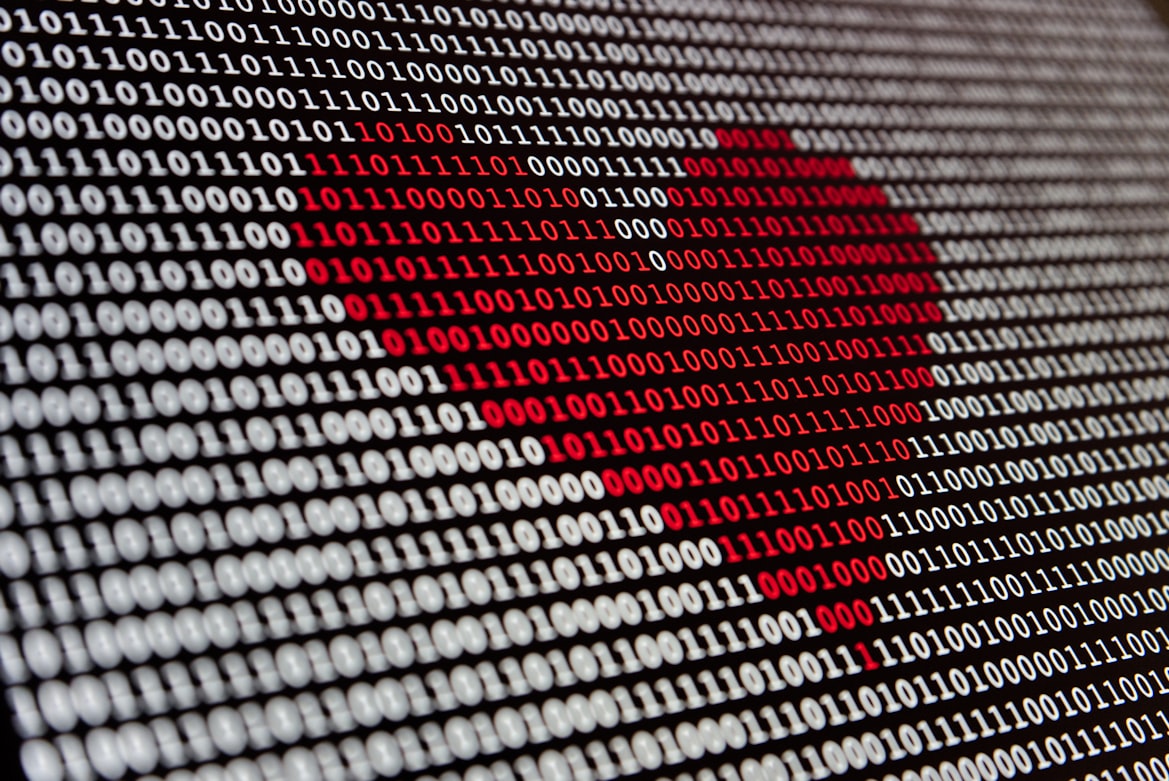
This post will probably be drivel. Because I’m going to try to talk about things I can’t express. (Doesn’t stop me trying to express them, of course).
To open the proceedings, I’ll talk about my visit to the dentist today. I had a checkup recently, and mentioned to the dentist that I was having trouble with teeth-grinding. He scheduled me for an appointment to get my mouth scanned for an “appliance.”
The appointment was today. I thought it was at 2:00. I got home from the grocery store and realized the time was precisely 2:00. I had missed the appointment. I called to apologize. “We have you down for 3:50,” the receptionist said.
Oh. OK.
So I went in at the hour appointed, and they turned me over to a very pretty young technician. At least she had very pretty eyes. The rest was under a Covid mask. She had me sit in a chair, and then wrestled some kind of scanning wand (about the size of a loaf of bread, or so it felt) into my mouth to scan my bite. It went very slowly. They were having trouble with the scanner today, she explained. At length she called in a slightly senior technician (who also appeared young and pretty), who manhandled the thing for a while, finally pinning it to the mat.
As I sat there having my teeth re-created in digital space, I gave some thought to the wonders of modern science. The amazing things we can do that weren’t even imagined for most of my adult life. And all based on the basic question of logic, “Yes or no? One or not-one?”
I love that thought because it’s utterly consistent with Christian theology. Christian truth is, as Francis Schaefer taught me long ago, “propositional.” A choice is offered. You choose yes or no. Truth and untruth are two different things. Everything else flows from this understanding.
People keep trying to propose some kind of spiritual truth that bypasses binary choices. But they end up saying nothing. Pondering tautologies, imagining them profound. Has anyone ever tried to work out a computing language that manages without the binary? Is such a thing even possible?
I don’t know. I do know that we’re performing miracles with good old true/false.
And this brought to mind a spiritual experience I had this Sunday in church. At communion, which is a good time for spiritual experiences.
As I knelt for communion, I suddenly had – what shall I call it? Not a vision. Nothing as dramatic as that. It was a sort of a thought, except that I couldn’t verbalize it. Still can’t – and I’m considered pretty good at verbalizing stuff.
It was compelling, for just a moment, but afterward, as I walked back to my seat, I tried to put it into words and I realized I couldn’t. It was as if I’d physically touched a truth with my mind, but my mind couldn’t grasp it, and came away with no more than the impression (you might call it a feeling) that I’d encountered a Truth.
It had something to do with eternity. With how it is in eternity with God. That all things are accomplished, that what today we consider incomplete is in fact complete and perfect in God.
That’s not quite it either. But it’s the best I can do.
It gave me a sense of peace and trust. But I can’t explain why.
What I brought home with me was a statement I posted promptly on Facebook:
“There are truths that are beyond reason, not because there’s anything wrong with reason, but because reason’s suspension isn’t tough enough for the terrain up there. For those truths, God has given us wonder.”
Which doesn’t at all explain my “vision” during communion. It just describes how I had to deal with it.

Thank you for sharing your wonder-ful gift and blessing all of us.
Thank you very much.